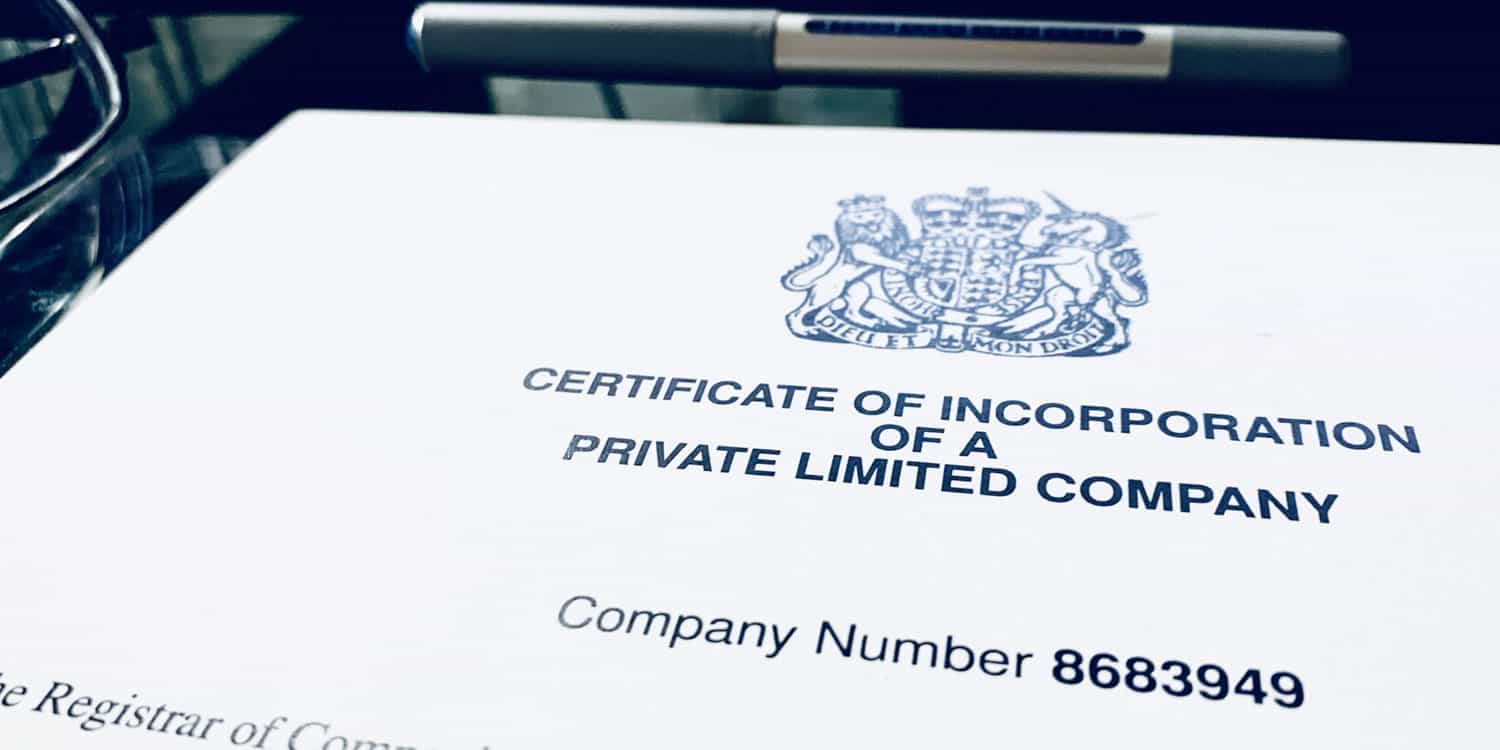Business formation documents play an essential role in organizational legitimacy verification throughout the compliance process and regulatory checks and business onboarding procedures. Any financial institution or B2B platform or service provider needs to fully comprehend these documents as part of their corporate screening operations.
The article delivers an extensive explanation about business formation documentation including their definition and importance to business verification and Know Your Business (KYB) procedures.
What Are Business Formation Documents?
Official records which governmental authorities maintain establish companies and organizations through their business formation documentsbusiness formation documents. The company’s legal identity and organizational structure together with essential verification information appear in these official documents.
Business formation documents serve as necessary requirements for business onboarding processes and vendor assessments as well as corporate due diligence checks. The documents serve two functions by demonstrating legal incorporation status and providing details about operational control and business activities.
Key Types of Company Formation Documents
The following documents represent the most essential ones needed for business verification procedures:
1. Articles of Incorporation / Certificate of Incorporation
The incorporation documents serve as the basic foundation for company establishment. They contain details such as:
Company name
Business address
Date of formation
Type of business entity (LLC, Corporation, Partnership, etc.)
Registered agent
The documents serve to prove that the company maintains its legal registration.
2. Operating Agreement or Partnership Agreement
Business structure and operational procedures receive their definitions through these documents. They also outline:
Ownership structure
Responsibilities of members or partners
Voting rights
Profit and loss distribution
These documents serve to verify both the business operators and the internal operational procedures.
3. Business License or Registration Certificate
A business license demonstrates that the company possesses the required authorization to run its operations in a particular jurisdiction. Regional and industry-specific compliance depends heavily on this essential element.
4. Shareholder Register or Ownership Documents
The documents enable verification of both Ultimate Beneficial Owners (UBOs) and business stakeholders. Real ownership identification stands essential for preventing both fraud and money laundering activities.
5. Tax Identification Numbers
The inclusion of an Employer Identification Number (EIN) or equivalent serves as a supplementary document to prove business tax registration status and status as a registered entity.
Why Are Business Formation Documents Important in Corporate Screening?
Legal Verification
A business relationship must start with verifying that the company exists legally and functions according to the law. The documents used to form a business prove that the entity operates legitimately and does not present any fraudulent or fictitious elements.
Risk Management
Business documents under review enable the identification of risky business entities and shell companies and entities located in high-risk jurisdictions. Anti-money laundering (AML) and KYB compliance heavily depend on this step.
Understanding Business Structure
The business structure becomes clear through each document presented. Understanding the business structure allows one to identify control structures and determine distribution of benefits and risks between stakeholders regardless of company size.
Enhanced Due Diligence (EDD)
Verifying existence alone does not suffice when dealing with high-risk entities. To evaluate legitimacy and ownership structure and operational transparency you must examine company formation documents in detail.
Which documents regarding business formation become necessary?
The following situations require these documents to be presented:
The process of bringing new corporate clients and vendors into the company
The KYB process requires performing background checks on entities.
The process of evaluating entities for improved due diligence assessment
Opening corporate bank accounts
The company requires legal contracts for new business connections with customers or partners.
How to Verify Business Formation Documents
The following steps support document authenticity verification during business verification procedures:
1. Check Against Government Registries
Business formation documents need verification through official government or corporate registry comparisons. Almost every nation operates online systems which store information about their registered businesses.
2. Confirm Document Dates and Details
All business documents must demonstrate consistent information about incorporation date together with entity name and business type.
3. Assess Ownership and Control
Review all shareholder and managing member documents to detect ultimate beneficial owners and verify ownership relationships.
4. Cross-Verify with Tax and Licensing Data
Documents such as incorporation certificates should match the information provided in tax registration numbers and local licenses.
Common Red Flags in Company Formation Documents
Missing or altered document sections
The entity names and registration numbers do not match correctly
The company was established recently without any operational background.
Complex ownership with hidden beneficiaries
Operating and shareholder agreements lack proper clarity in their definitions
When red flags appear they should prompt further investigations or require moving the case to elevated risk review procedures.
Final Thoughts
All corporate screening processes start with examining business formation documents. Business formation documents serve as legal documentation which establishes the fundamental details about companies that operate in every industrial sector. Every organization that conducts business verification or performs due diligence must review these documents without exception.
The assessment of company formation documents by businesses enables risk reduction while ensuring compliance and creating transparent B2B partnerships during client, vendor and partner evaluations. These documents provide essential clarity while offering protection alongside peace of mind in a period where
trust and regulatory compliance stand as essential priorities.











